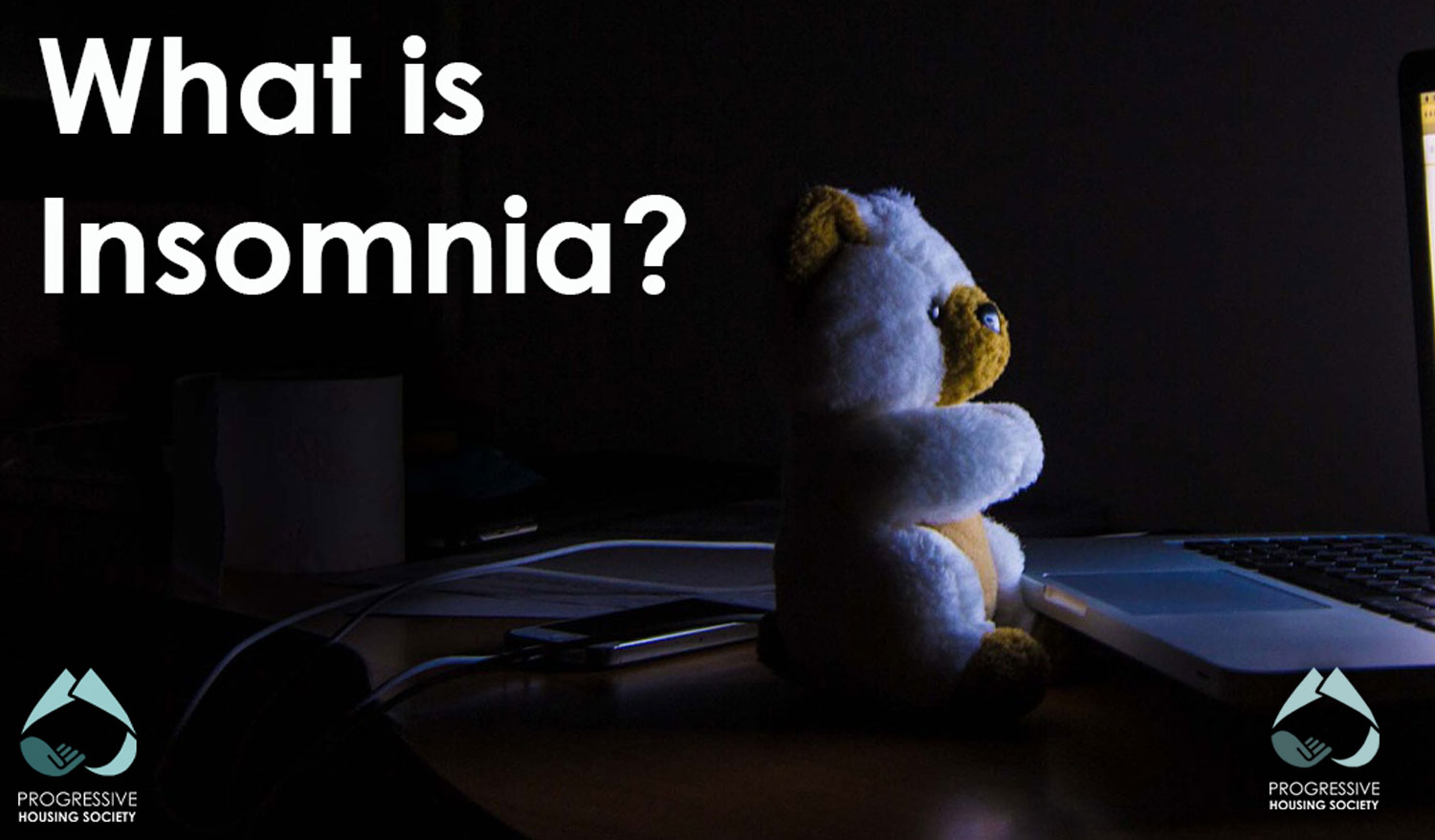What is Insomnia?
-
by
 PHS
PHS
Do you have difficulty getting to sleep or falling asleep? Don’t feel alone. Insomnia is a common sleep disorder. According to data from a more extensive epidemiological study in Quebec, Canada, the result shows there is approximately 30% of adults have symptoms of insomnia, and 6% to 10% meet the diagnostic criteria for insomnia (Morin & LeBlanc M, 2009).
Lack of sleep can cause some negative impacts on our overall health, especially after a prolonged period of time. With this condition affecting so many people, it’s important that we know the signs and symptoms. Knowing what this condition is as well as how people normally experience it, is one of the first steps to figuring out how to address the problem.
What is Insomnia?
Insomnia means not being about to sleep or being able to stay asleep, resulting in insufficient sleep. It also knowns as difficulty falling asleep and maintaining sleep disorders. This may lead you to wake up many times during the sleep and unable to go to bed again as a regular cycle. This can not only affect your quality of life, but it also influences your physical health and mental health over a long period. 74% sample reported insomnia for one year at further, and 46% sample said that insomnia persisted throughout the three – year study (Morin & LeBlanc M, 2009). Insomnia can be a long-term chronic problem.
Insomnia often causes great pain and psychological burden to patients, and it can damage other aspects of the body. When people lack the proper resources their body needs, it can put the body into a survival mode. When in this state, the body produces more stress hormones to help us survive a hostile environment. Generally, this can be a good thing but when it’s happening for a prolonged period of time it actually exposes us to the risk of developing stress-related illnesses.
Symptoms
There are many types of insomnia which means that each person will experience different kinds of symptoms. Someone can experience more than one kind of symptom and have more complex forms of the condition. Common symptoms may include:
- Having trouble difficulty falling asleep. This means lying in bed for an hour and feel tired, but you still cannot fall asleep
- Waking up frequently times during the night and trouble back to sleep
- Waking up too early in the morning
- Relying on sleeping pill or alcohol to fall asleep
- Finding difficulty concentrating during the day
- Feeling sleepy, anxious, and be unable to get anything done during the day
Determining what kind of symptoms someone is experiencing is often the best place to start figuring out how to resolve the problem. As with other conditions, the treatment should make sense for the types of symptoms a person is experiencing. Using methods that don’t match the current symptoms may inadvertently trigger a different form of the condition and create a more complex issue.
Getting Proper Rest is a Key Piece to Health
Sleep is important to your health. Deep sleep can relieve you from the fatigue of the day, promote the body’s metabolism, and is good for your body. No matter why you lose your quality of sleep, you should pay attention to it and take seek support if you are struggling. Otherwise, insomnia can lead you to have both physical and mental health.
At Progressive Housing Society, we strive to support people with their mental health. Our clients are often working through a number of complex challenges. You can make a difference in the support offered by donating today. Every $1 raised goes to providing care to those in need.
References
Health Link BC. (2018, June 29). Insomnia. Retrieved from https://www.healthlinkbc.ca/health-topics/uh1001
Medic, G., Wille, M., & Hemels, M. E. (2017). Short- and long-term health consequences of sleep disruption. Nature and science of sleep, 9, 151–161. doi:10.2147/NSS.S134864
Morin CM, Bélanger L, LeBlanc M, et al. (2009) The Natural History of Insomnia: A Population-Based 3-Year Longitudinal Study. Arch Intern Med. 169(5):447–453. doi:10.1001/archinternmed.2008.610
Mayo Clinic Staff. ( 2016, October). Insomnia. Retrieved from: https://www.mayoclinic.org/diseases-conditions/insomnia/symptoms-causes/syc-20355167
Robinson, L., Smith, L., M.A., and Segal,R., M.A. (2019, June). Insomnia. Retrieved from https://www.helpguide.org/articles/sleep/insomnia-causes-and-cures.htm
Slomski, A. (2017). Internet Cognitive Behavior Therapy Effective as Insomnia Treatment. JAMA, 317(4), 351.




